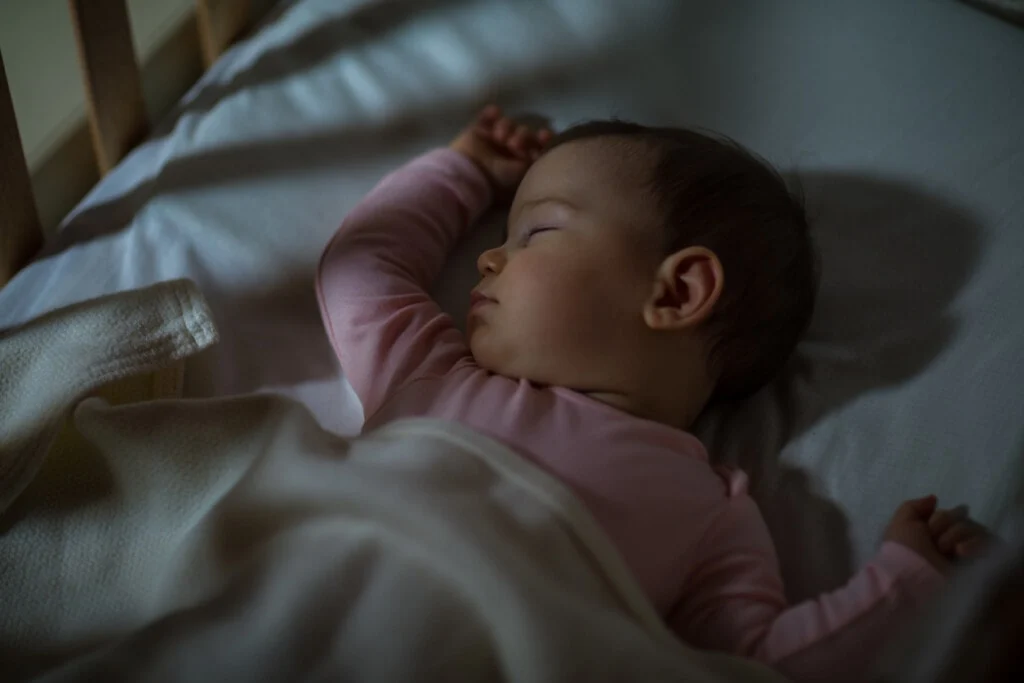In the world of newborns and infants, sleep is a precious commodity – both for the baby and their weary parents. as new parents navigate the endless nights of feedings and diaper changes, one question that frequently enough plagues their minds is – when will my baby finally sleep for 12 hours? This complete guide delves into the factors that influence a baby’s sleep patterns, offering a realistic timeline of when you can expect this milestone to be reached.
Unlocking Nighttime Slumber: Understanding Your Babys Sleep Patterns
Every baby is unique, so there is no set answer to this question. Some babies start sleeping through the night (12 hours) as early as 3 or 4 months old, while others may not do so until they are a year old or older.There are a few factors that can affect when your baby starts sleeping 12 hours, including:
your baby’s temperament: Some babies are naturally more calm and easygoing, while others are more active and demanding. Calmer babies tend to sleep better and may start sleeping through the night sooner than more active babies.
Your baby’s sleep environment: A dark, quiet, and cool room can definitely help your baby sleep more soundly. Make sure your baby’s room is free of distractions, such as toys, lights, and noise.
* Your baby’s feeding schedule: If your baby is still waking up at night to eat, that may be the reason why they’re not sleeping through the night. If you think this might be the case, try gradually weaning your baby off of night feedings. You can do this by reducing the amount of formula or breast milk you give them at night, or by starting to give them water instead of milk.
If you’re concerned about your baby’s sleep habits, talk to your doctor. They can help you rule out any underlying medical problems and give you additional tips on how to get your baby sleeping through the night.
The Journey to Restful nights: Setting Realistic Expectations
Setting realistic expectations can alleviate parental pressure and prepare you for the gradual progression of your baby’s sleep patterns. While reaching 12 hours of uninterrupted sleep may take several months, recognizing the developmental milestones and typical challenges can help you navigate the journey patiently. Remember, each baby is unique, and their sleep habits may vary slightly from the general timeline, so avoid rigid expectations and embrace the process with adaptability and understanding.
Tailoring Sleep Durations: Individualized approaches for Babies
Understanding these markers can help you determine if your baby is ready to make the transition to sleeping 12 hours straight.Keep in mind that every baby is unique, so don’t worry if your little one doesn’t fit perfectly into these guidelines.The most notable thing is to be patient and consistent in your approach.
Factors Influencing Sleep Duration: A Comprehensive Exploration
Sleep duration depends on several factors, including the child’s age, temperament, and activity level. Some sleep needs will increase as they get older. Others will start decreasing.
The Conclusion
As you witness the transformative journey of your little one, remember that the sleep milestone of 12 consecutive hours is a gradual process. Embrace the individuality of your child’s sleep patterns, providing a nurturing and supportive environment where their sleep blossoms at its own pace.

